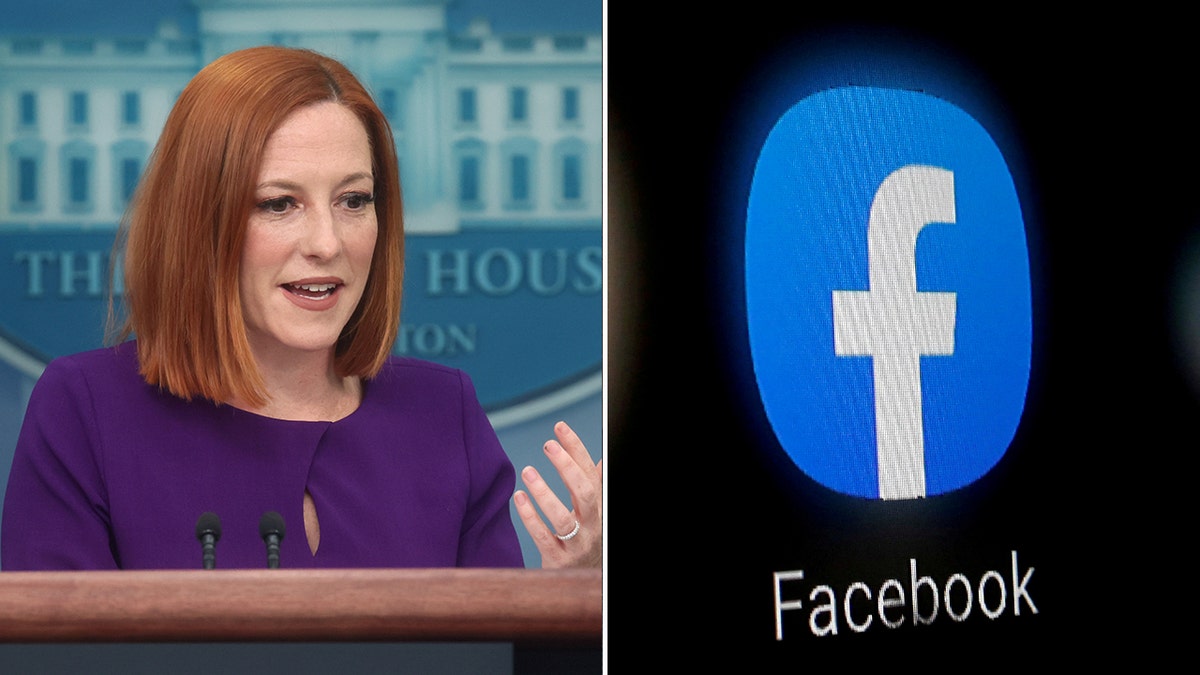The Pennsylvania Senate overwhelmingly voted in favor of legislation designed to overhaul the state's probation system. The bill aims to decrease the number of individuals on probation and incarcerated by limiting probation terms and preventing reincarceration for minor infractions. It now moves to the House of Representatives, where similar measures have stalled in the past. However, with a shift in House leadership, supporters are hopeful for its passage and eventual signing by Governor Josh Shapiro.
Senator Anthony Williams, a Democrat representing Philadelphia, stressed the urgent need for reform, citing the devastating impact the current system has had on generations of Pennsylvanians.
This legislation, supported by both Republican and Democratic Senate leaders, reflects a national trend towards re-evaluating probation and parole practices. States are increasingly seeking alternatives to incarceration for non-violent offenders and individuals with mental health issues. Federal data indicates Pennsylvania has one of the highest rates of community supervision in the country.
The case of rapper Meek Mill brought national attention to Pennsylvania's probation system. Mill spent years on probation, including periods of imprisonment for technical violations, before his conviction was overturned.

The bill seeks to restrict the length of probation sentences and narrow the grounds for jailing non-violent offenders on probation. While it doesn't impose a maximum probation term, it empowers judges to terminate probation regardless of prior sentencing agreements between prosecutors and defendants, and restricts judges' ability to extend probation terms.
Currently, Pennsylvania law doesn't set a limit on probation lengths. Critics argue that this leads to the unjust incarceration of non-violent individuals for technical violations—often impacting their families, jobs, and disproportionately affecting minority communities. The proposed legislation mandates probation review conferences within specific timeframes (two years for misdemeanors, four years for felonies) with the possibility of earlier reviews for good behavior.
Unless a defendant commits a new crime demonstrating a public safety threat, fails to complete required treatment, or, under specific circumstances, hasn't paid restitution, probation must be terminated. Furthermore, the bill prohibits extending probation for unpaid fines or court costs if an individual is deemed unable to afford them.








